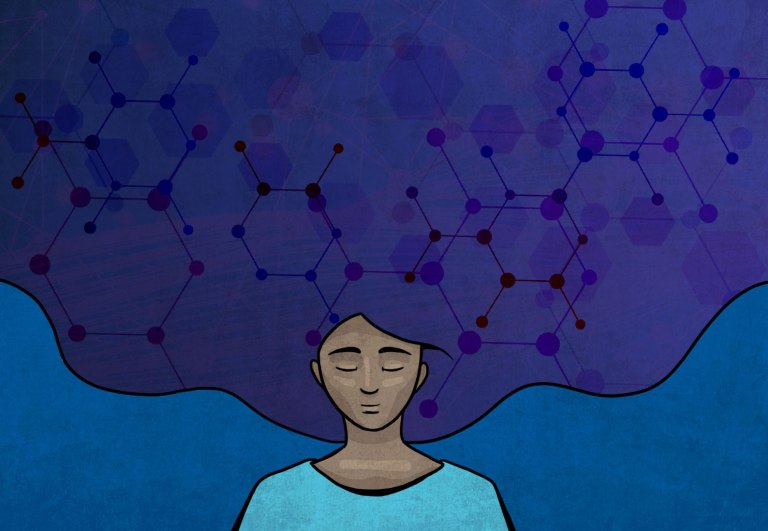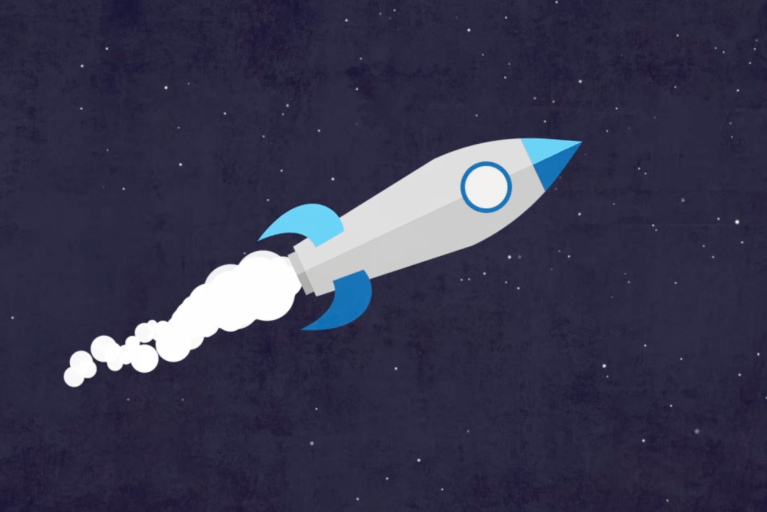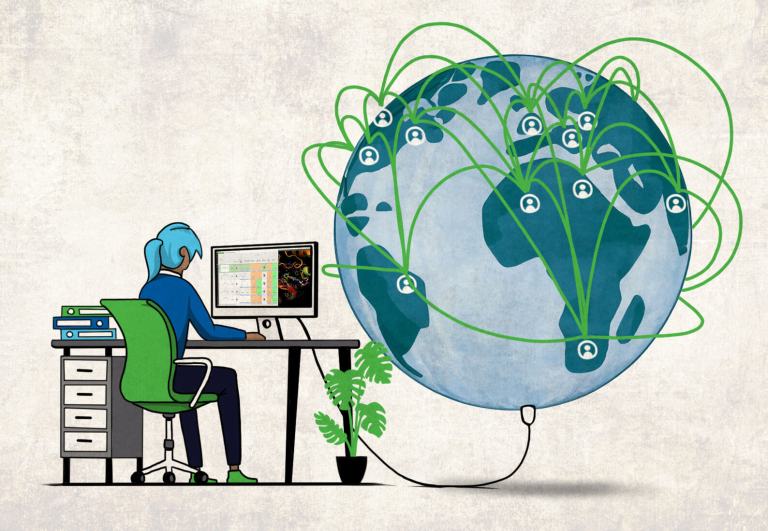- Tutorial
Machine Learning for Sweetness
Learn to use the DeepAutoQSAR panel to predict whether a molecule is sweet by machine learning methods.
- Tutorial
Machine Learning for Ionic Conductivity
Generate descriptors for ionic liquids which can be used to build machine learning models.
- Tutorial
Molecular Dynamics Descriptors for Machine Learning
Generate descriptors using molecular dynamics simulation, which can be used to build machine learning models.
- Tutorial
Polymer Descriptors for Machine Learning
Generate descriptors for polymers which can be used to build machine learning models.
- Tutorial
Optoelectronics Active Learning
Learn to predict optoelectronic properties using active learning models for a series of iridium complexes.
- Tutorial
Calculating Voltage Curves of Spinel Intercalation Compounds
Learn to generate intercalation voltage curves.
- Tutorial
Activation Energies for Reactivity in Solids and on Surfaces
Learn to model the transition state of a reaction of a small molecule on a surface via the nudged elastic band method.
- Tutorial
Modeling Surfaces
Learn to model adsorption of small molecules on a surface via a multi-step workflow.
- Tutorial
Building and Manipulating Crystal Structures
Import, manipulate and build crystal structures.
- Tutorial
Building a Coarse-Grained Polymer Model using Dissipative Particle Dynamics
Build a coarse-grained polymer chain and use it to construct an amorphous cell for a dissipative particle dynamics simulation.
- Tutorial
Building a Coarse-Grained Surfactant Model with Martini Force Field
Build a surfactant model with coarse-grained representations of PEG and water, perform and analyze simulations on the model.
Webinars
 Webinar
Materials Science
Webinar
Materials Science
- Apr 16, 2025
Accelerating OLED innovation with multi-scale, multi-physics simulations
Join us to explore how integrated digital workflows drive the design of next-generation, high-performance OLEDs.
 Webinar
Life Science
Materials Science
Webinar
Life Science
Materials Science
- Apr 8, 2025
Accelerating pharmaceutical formulations using machine learning approaches
In this webinar, we will demonstrate how Schrödinger’s integrated ML- and physics-based approaches are transforming pharmaceutical formulation design.
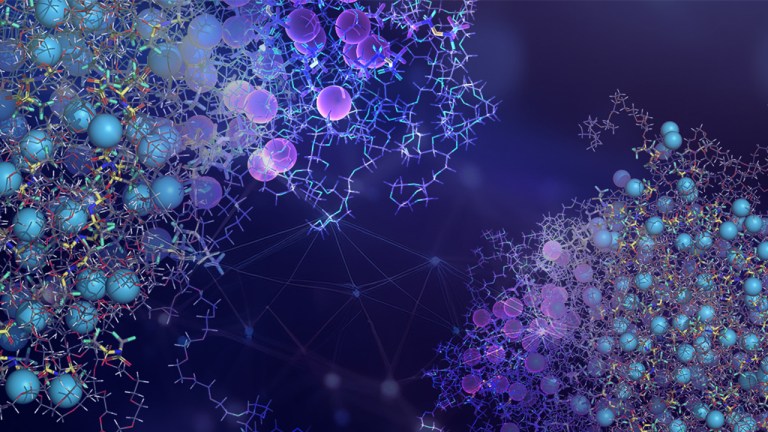 Webinar
Materials Science
Webinar
Materials Science
- Feb 26, 2025
High-performance materials discovery: A decade of cloud-enabled breakthroughs
This talk will showcase how Schrödinger’s integrated materials science platform enables massive parallel screening and de novo design campaigns across diverse applications.
Documentation
- Documentation
Materials Science Panel Explorer
Quickly learn which Schrödinger tools are the best fit for your research.
- Documentation
Online Help and Documentation
An online resource of information and instruction on how to use Schrödinger software including user manuals, panel descriptions, installation guides, reference sheets, tutorials, and more.
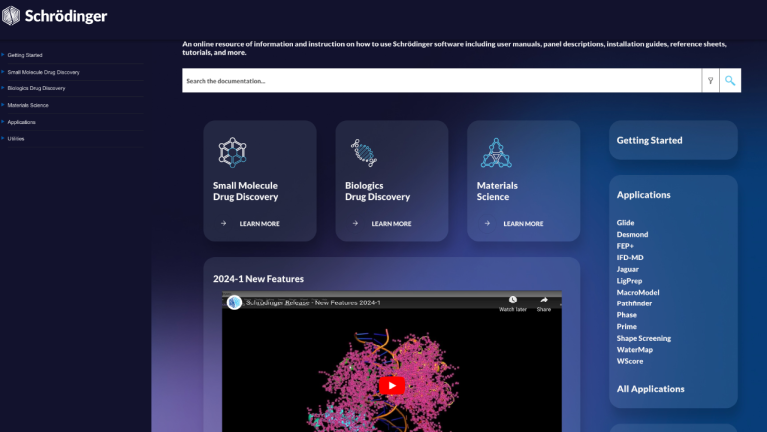 Documentation
Materials Science
Documentation
Materials Science
Materials Science Documentation
Comprehensive reference documentation covering materials science panels and workflows.
Tutorials
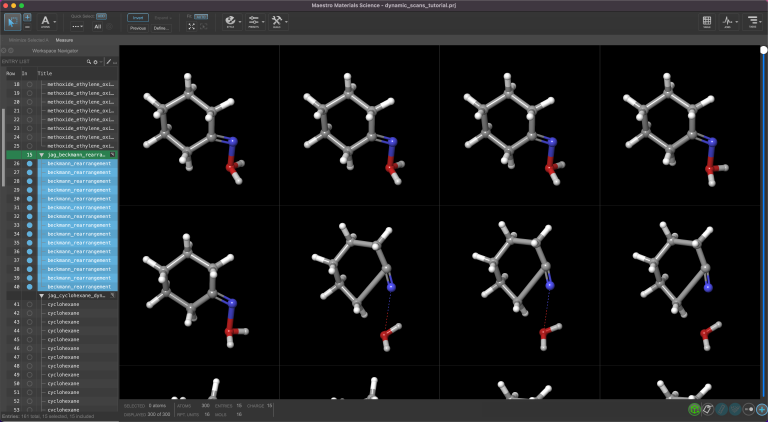 Tutorial
Materials Science
Tutorial
Materials Science
Introduction to Materials Science Maestro Tutorial
An introduction to Materials Science Maestro, covering basic navigation, an intro to building models and several of the key functionalities of the graphical user interface.
- Tutorial
Disordered System Building and Molecular Dynamics Multistage Workflows
Learn to use the Disordered System Builder and Molecular Dynamics Multistage Workflow panels to build and equilibrate model systems.
- Tutorial
Introduction to Geometry Optimizations, Functionals and Basis Sets
Perform geometry optimizations on simple organic molecules and learn basics regarding functionals and basis sets.
Training Videos
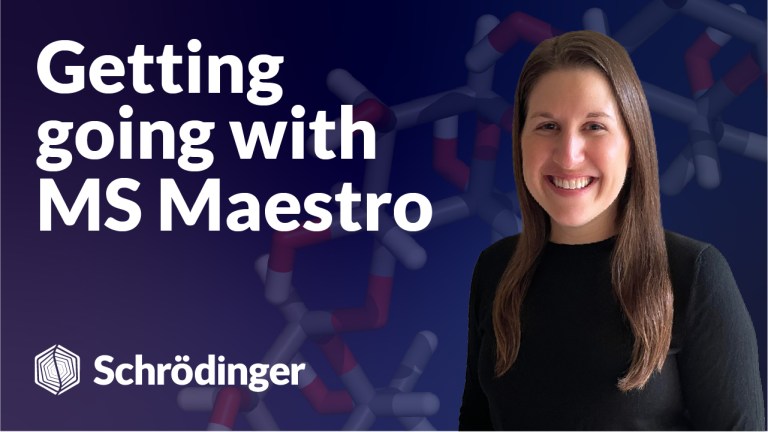 Video
Materials Science
Video
Materials Science
Getting Going with Materials Science Maestro Video Series
A free video series introducing the basics of using Materials Science Maestro.
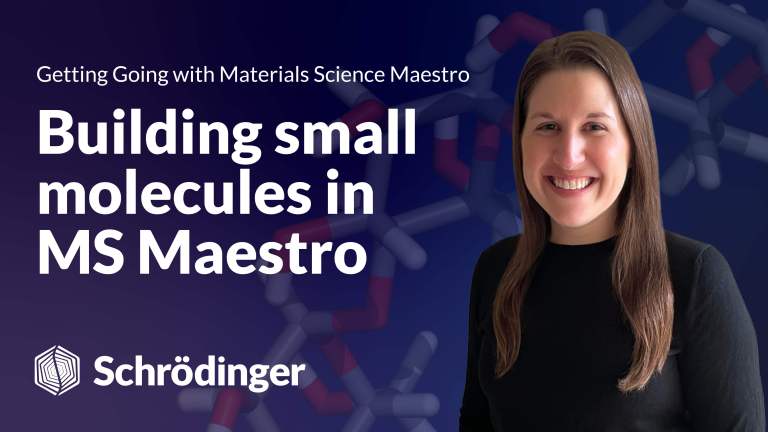 Video
Materials Science
Video
Materials Science
Building Small Molecules in MS Maestro
The sixth video in the Getting Going with Materials Science (MS) Maestro Video Series: 2D Sketcher, 3D Builder, and Force Field Minimization.
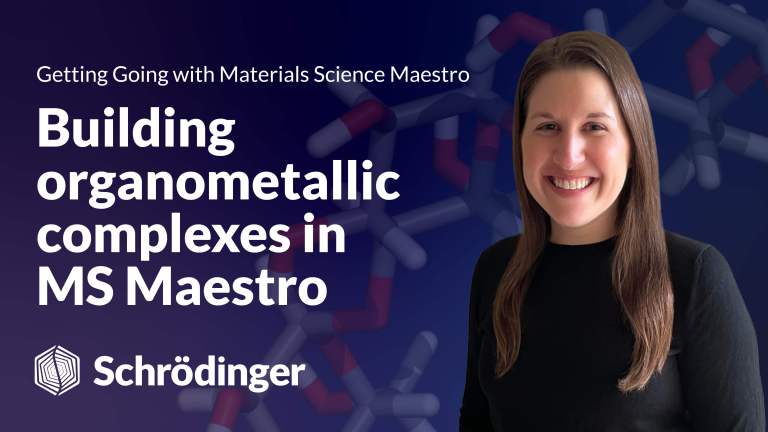 Video
Materials Science
Video
Materials Science
Building Organometallic Complexes in MS Maestro
The seventh video in the Getting Going with Materials Science (MS) Maestro Video Series: Buidling an organometallic complex.
Publications
- Publication
- Mar 17, 2025
Leveraging high-throughput molecular simulations and machine learning for the design of chemical mixtures
Chew, et al. npj Computational Matererials, 2025, 11, 72
- Publication
- Mar 5, 2025
A robust crystal structure prediction method to support small molecule drug development with large scale validation and blind study
Zhou, et al. Nature Communications, 2025, 16, 2210
- Publication
- Dec 10, 2024
Calculating apparent pKa values of ionizable lipids in lipid nanoparticles
Hamilton, et al. Molecular Pharmaceutics, 2024
Case Studies
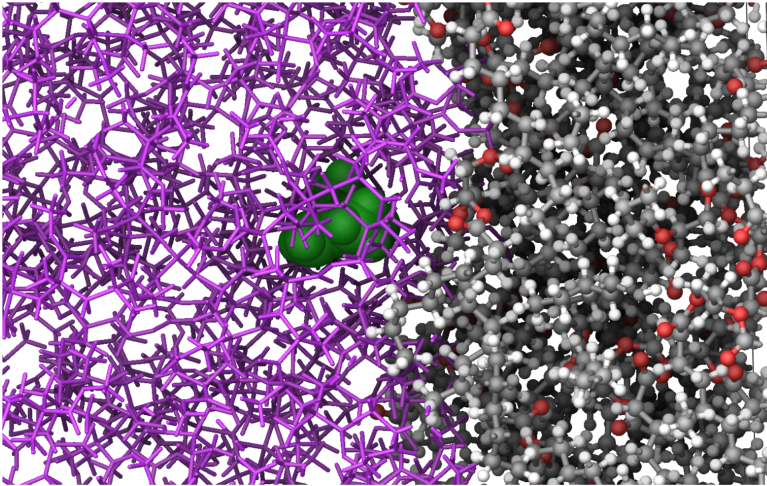 Case Study
Materials Science
Case Study
Materials Science
 Case Study
Materials Science
Case Study
Materials Science
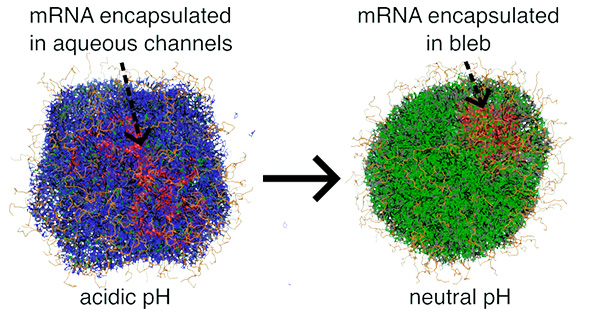 Case Study
Materials Science
Case Study
Materials Science
White Papers
 White Paper
Materials Science
White Paper
Materials Science
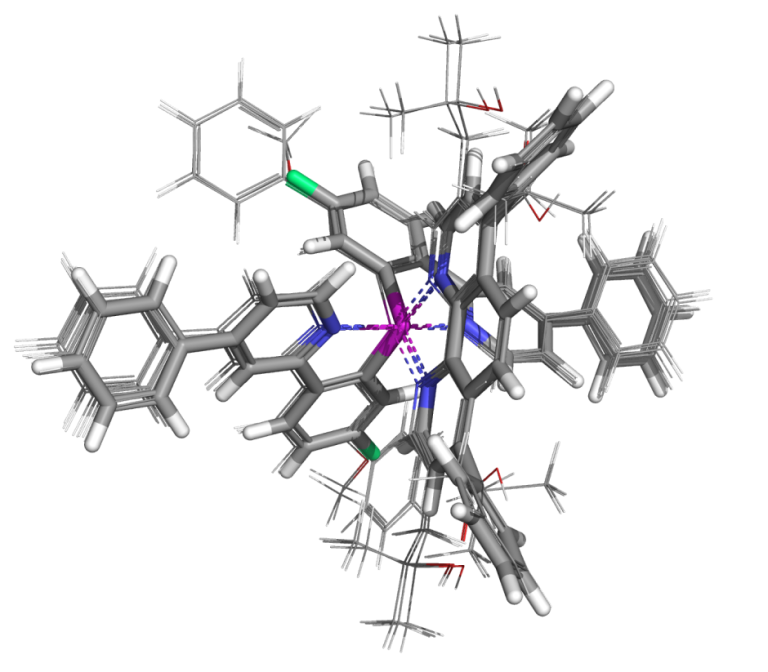 White Paper
Materials Science
White Paper
Materials Science
 White Paper
Materials Science
White Paper
Materials Science
Quick Reference Sheets

Latest insights from Extrapolations blog
Training & Resources
Online certification courses
Level up your skill set with hands-on, online molecular modeling courses. These self-paced courses cover a range of scientific topics and include access to Schrödinger software and support.
Free learning resources
Learn how to deploy the technology and best practices of Schrödinger software for your project success. Find training resources, tutorials, quick start guides, videos, and more.
